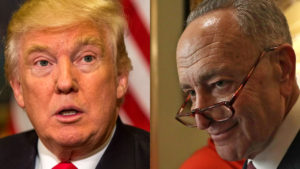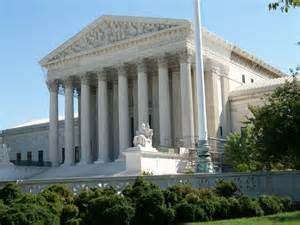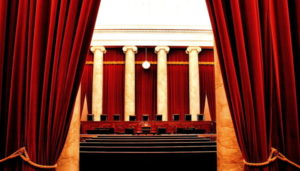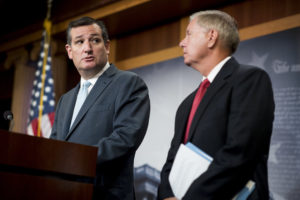I cannot believe a Republican U.S. senator from Pennsylvania actually said this. But he did.
“We did not inflict this kind of obstructionism on President Obama.”
That came from Patrick Toomey.
It takes my breath away. I might need some smelling salts before I get done with this blog post.
Oh … yes you did, senator!
I get that Donald Trump’s selection of Neil Gorsuch as the next Supreme Court justice has angered Democrats. I also get that the president is entitled to nominate someone of his choosing.
What I do not get is the crass, brassy and classless argument from Senate Republicans — namely Sen. Toomey — that they didn’t obstruct President Barack Obama’s efforts to govern.
Good grief, dude! You made it your top priority!
The hands-down example of obstruction occurred after Antonin Scalia died suddenly while vacationing nearly a year ago in Texas. The Supreme Court justice’s corpse was still warm when Senate Majority Leader Mitch McConnell declared that the Senate GOP would block anyone selected by the then-president to succeed Scalia.
President Obama unveiled Merrick Garland as his nominee to the Supreme Court. McConnell held firm on his pledge. He blocked the nomination. He obstructed the president from fulfilling his constitutional duty to nominate a candidate for a federal judgeship.
Then, as if he had forgotten what he had done, McConnell accused the president and Senate Democrats of “playing politics.”
Are you bleeping kidding me, Mr. Majority Leader?
So here we are. Another president has picked another judge to the highest court. Democrats are furious at the treatment an earlier nominee got from their Republican colleagues.
And Republicans now are saying out loud — and apparently without a hint of shame — that, by golly, they didn’t obstruct a president from the opposing party.
They need treatment for their selective amnesia.









